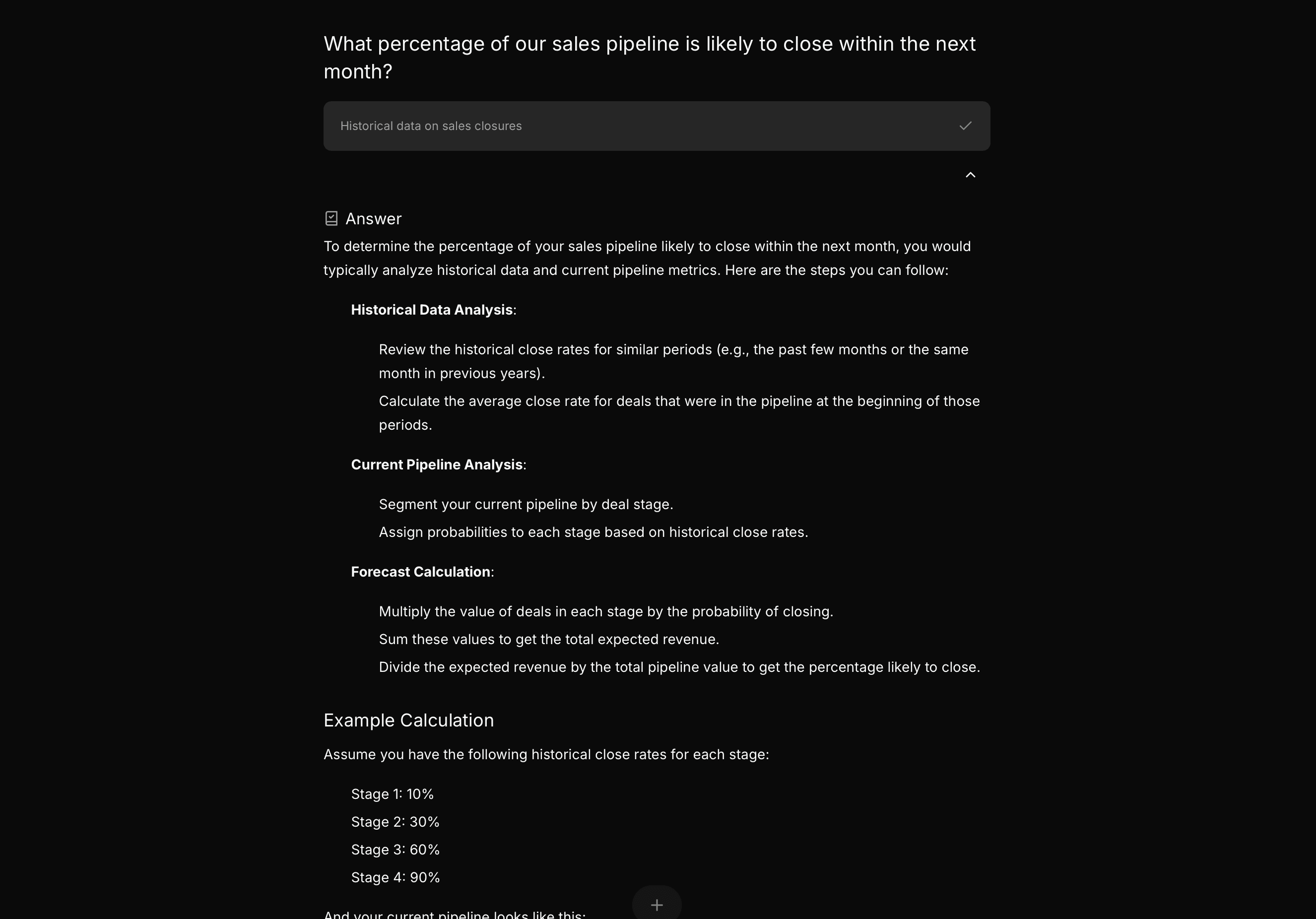sales
1. Identifying High-Value Leads
Data-Driven Lead Scoring: AI uses predictive analytics to assess and rank leads based on their likelihood of conversion. By analyzing data from previous interactions, purchase behaviors, and demographic information, AI helps your sales team focus on high-value prospects, saving time and boosting the chances of success.
Prioritizing Opportunities: AI identifies opportunities that are most likely to convert, allowing your sales team to prioritize their efforts efficiently. This targeted approach ensures that your team spends time on leads that are more likely to become paying customers.
2. Personalizing Sales Strategies
Tailored Customer Interactions: AI can analyze customer data to provide insights into their preferences, needs, and pain points. With this knowledge, your sales team can personalize their interactions, offering tailored solutions that resonate with each customer. Personalized experiences lead to higher engagement and improved conversion rates.
Smart Recommendations: AI-driven recommendations enable sales reps to suggest products or services based on a customer’s previous purchases or browsing behavior. This personalized approach increases the likelihood of cross-selling and upselling, maximizing revenue from each customer.
3. Automating Time-Consuming Tasks
Automated CRM Updates: AI can automatically log sales activities, update customer profiles, and record interactions in your CRM system. By eliminating manual data entry, AI frees up your sales team to focus on selling, not administrative tasks.
Task Automation: AI automates routine tasks such as sending follow-up emails, scheduling meetings, and tracking lead progress. This efficiency boost allows your sales reps to focus on building relationships and closing deals rather than being bogged down by repetitive tasks.
4. Providing Actionable Insights
Real-Time Sales Analytics: AI provides your sales team with real-time data and insights on pipeline performance, deal progression, and market trends. These insights allow sales leaders to make informed decisions, optimize strategies, and pivot quickly to seize opportunities.
Forecasting Sales Trends: AI can analyze historical sales data and market conditions to forecast future sales trends. This predictive power helps your sales team anticipate demand, adjust targets, and allocate resources more effectively, improving overall performance.
5. Enhancing Customer Engagement
AI-Powered Chatbots: AI chatbots can handle initial customer interactions, answering questions and qualifying leads before passing them on to a sales representative. This allows your team to focus on warm, qualified leads while ensuring no potential opportunity is missed.
Proactive Outreach: AI can analyze customer behavior to trigger proactive outreach at the perfect moment, such as when a prospect revisits your website or engages with a marketing campaign. This timely outreach increases the likelihood of conversion and shortens the sales cycle.

